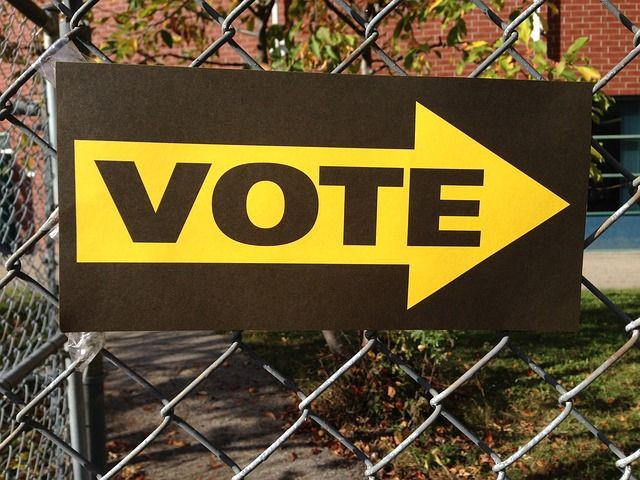Personality Traits That Win Votes On Election Day Differ Between Countries

In light of the upcoming presidential election, every candidate is looking to discover the key traits needed to influence voters in their favor. While their positions on healthcare and international relations are important, when it comes to character traits, a recent study has suggested that what the public wants depends on the culture of the nation that's voting.
Researchers from the University of Delaware and Fuzhou University in China investigated which personality traits voters consider most important for U.S. and Taiwanese politicians to have. The team asked 475 student participants from cities in Mid-Atlantic states and 234 students from a university in southern China to look at images of two politicians running against one another in an election taking place in either country. Faces that were familiar to the volunteers were eliminated from the analysis.
The volunteers were then asked to make judgments on the candidates’ personalities and rate how likely they were to vote for them. Researchers then used these responses to measure the politicians in two categories: their talents at work and social competence. The former was measured by the politicians' intelligence and how effective and accomplished they were believed to be in their line of work, the study said. Social competence, meanwhile, was measured by how well the politicians seemed to handle social situations. The politicians were also judged on their likability, trustworthiness, and dominance. Volunteers then told the researchers which candidate they would personally vote into public office.
Results from these volunteers judgement of the candidates and their likeliness to vote for each revealed interesting trends in which specific traits led to higher hypothetical election results, depending on whether they involved American or Chinese students. For example, the Chinese participants showed a voting preference for candidates that were judged higher in social competence and trustworthiness, while the U.S. students tended to favor faces that were judged as being more competent. Study authors claimed in a recent statement that these trends might be able to be explained by the culture of the students’ native countries. For example, the value placed on individualism in the U.S. may make voters more interested in competence among their politicians. On the other hand, in more closely knit cultures like China and Taiwan, social competence may be a more valued trait.
This study isn't the first to reveal that factors other than a politician's values and beliefs can influence voters. For example, a study released last summer found that the pitch of a politician's voice also played a role in their ability to win or lose votes. According to the research, conducted by scientists from the University of Miami and Duke University, voters naturally prefer candidates with deeper voices. The team believes this preference is linked towards our evolutionary association of deep voices with strength and leadership.
"Modern-day political leadership is more about competing ideologies than brute force," study co-author Casey Klofstad, an associate professor of political science at U-Miami, said in a statement. "But at some earlier time in human history it probably paid off to have a literally strong leader."
Source: Chen FF, Jing Y, Min Lee J, Bai L. Culture Matters: The Looks of a Leader Are Not All the Same. Social Psychological and Personality Science . 2016
Published by Medicaldaily.com



























